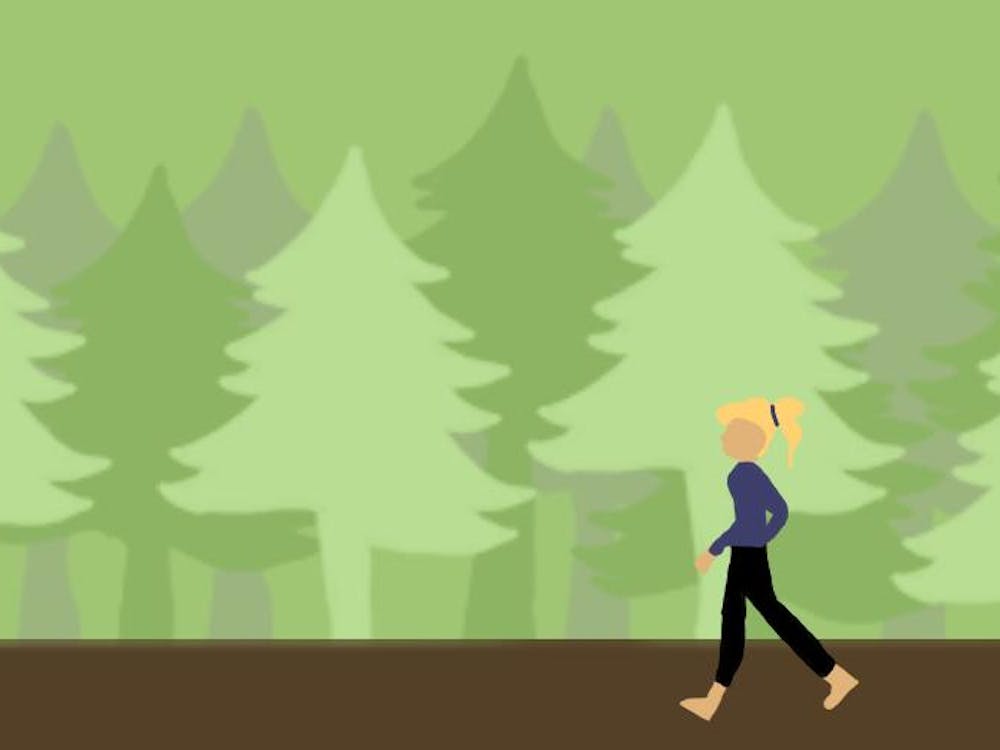Most University students do not worry about where to sit in lecture halls, how their medical regimens will interfere with assignments and how they will enter and exit a building. For students who live with disabilities, however, these are just some of their daily concerns, and the decisions they make may often need to be considered long ahead of time.
"Sometimes people don't realize how big of a challenge [having a disability] is," said Nathan Cunningham, a second-year College student who has been diagnosed with a degenerative condition called optic nerve atrophy.
As a student with a visual disability, Cunningham said, he must often receive certain accommodations when attending classes. In his biology class, Cunningham uses a document camera, which consists of a live feed of whatever he needs to view, he said. In addition, having a visual impairment requires him to rely much more heavily on listening, he said.
Cunningham said he is grateful for these types of educational accommodations, but they nevertheless require a certain level of adjustment from the student.
"It can be awkward at first, but I got used to it," he said.
Meanwhile, first-year Nursing student Katherine Nickdow - who lives with Type I diabetes and developed cognitive difficulties after suffering a sports concussion - added her own perspective about how dealing with disabilities can affect many everyday decisions in the life of a student.
"Diabetes changes every circumstance," she said, noting that such a condition constantly requires her to monitor her blood sugar. "It makes life a lot different."
These differences can manifest themselves outside the classroom. Nickdow said one of the biggest challenges of having a disability is encountering people who don't understand.
"Some people don't completely understand where you're coming from," she said. "It can be overwhelming because they don't live with these issues."
One common misconception, Cunningham said, is that students with disabilities want others to feel sorry for them.
"A lot of people think that students with disabilities are ashamed," he added. "I'm not ashamed. It doesn't mean that it's more of a deficit."
In fact, Nickdow said she finds it important to be forthright about her disabilities.
"I'm pretty open about it," she said.
Although there are misconceptions about disabled students, Nickdow said, she feels she has never been treated differently because of the problems she faces.
"People are generally understanding," she said.
Despite the difficulties, Nickdow said she has become more independent in her life as a college student, but she nevertheless maintains a support system to assist her.
"I have a lot more support than I was expecting," she said. "They do an excellent job of understanding where I am coming from."
For students seeking such support, there are many resources available at the University, said Debbie Berkeley, assistant director of the Learning Needs and Evaluations Center at Student Health. The Center works with a wide range of services at the University to ensure that students with disabilities - both temporary and long-term - are well-accommodated.
"We work with everything from housing to transportation and medical needs," Berkeley said.
The Center provides accommodations for about 400-500 disabled students at the University, Berkeley said. Before disabled students can receive help from the Center, though, they must register with the office, in compliance with the Americans with Disabilities Act, Berkeley said.
Berkeley, who works with Student Council's Disability and Access Committee, said there are always new developments and projects in place to make student life more accessible.
"We work with students to make sure they have equal access in the classroom," she said.






